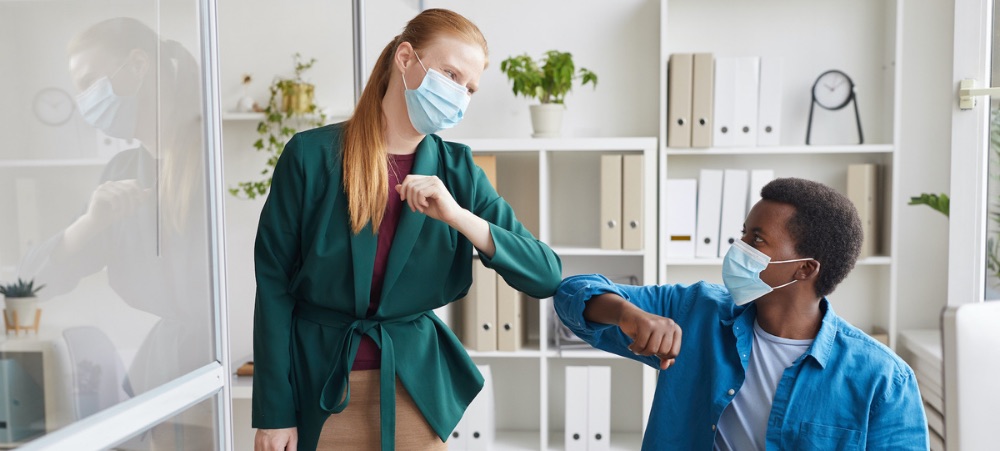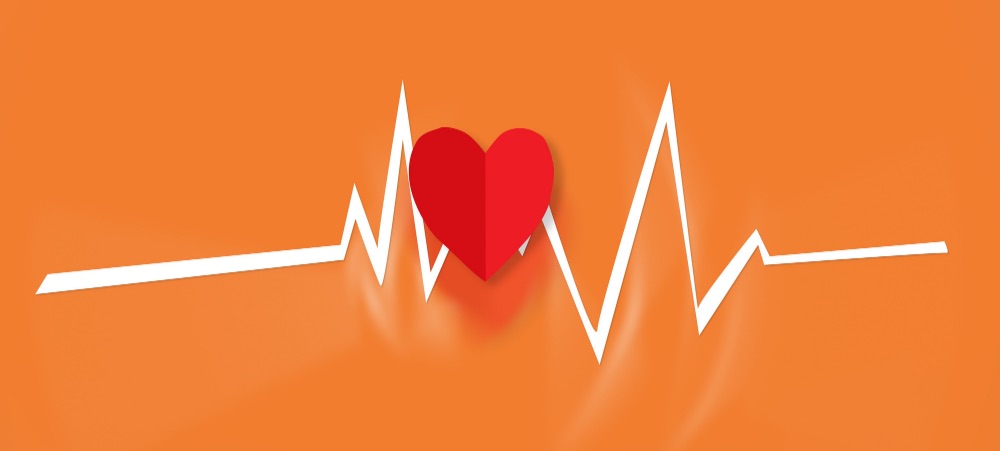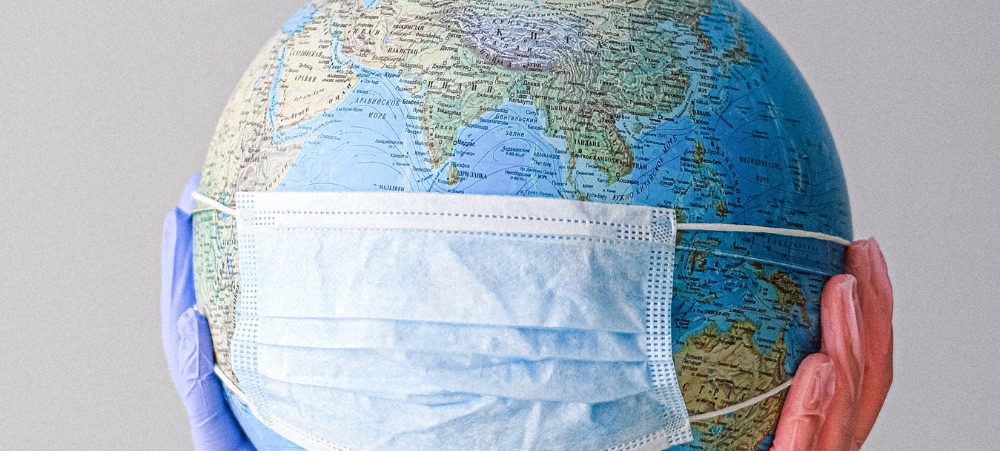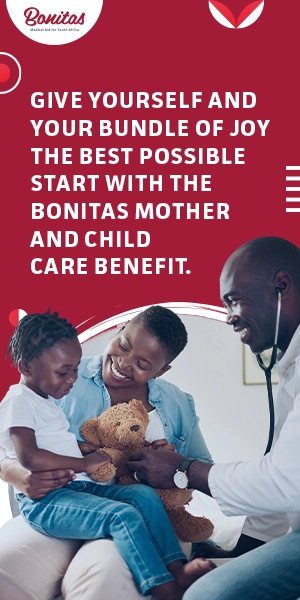
Talking about TB
Ten people die in South Africa every hour from Tuberculosis (TB). It is and has always been, a serious public health issue that needs to be brought under control. Even though effective treatments are available and there has been considerable progress in fighting the disease – about 450 000 people develop TB every year. Dr Morgan Mkhatshwa, Head of Operations at Bonitas Medical Fund, talks about the state of our nation in terms of TB, the leading cause of death in our country. Of the 450 000 people who develop TB every year, just over half are living with HIV. Although most cases are drug-sensitive and respond well to standard treatment, failure to complete the full course encourages the development of multi-drug resistant TB (MDR TB), which is difficult to treat and has poor outcomes. Is TB a pandemic like Covid-19? TB is considered an endemic but arguably has the criteria to be given pandemic status. According to the World Health Organization (WHO) a pandemic is when: The disease causes death There is persistent transmission between people It spreads in multiple countries An endemic is when the disease is still circulating but at a lower, more predictable rate. The only plausible reason is that the levels of TB are consistent and predictable, rather than the ‘boom and bust’ waves of Covid-19. That said, just because it’s endemic doesn’t mean to say it’s not serious. Smallpox, for example, was endemic for thousands of years and a third of the people who were infected, died. Malaria is also endemic and causes around 600 000 deaths a year. Dr Thandi Dlamini-Miti, senior technical advisor: TB at health NGO Right to Care says, ‘Undiagnosed TB is driving transmission of the disease. Many people with TB don’t know they have it because they don’t have symptoms but they are infecting those around them with this potentially deadly disease.’ Is there enough research and development for TB drugs? The short answer is no. Countries with resources, funds and technical capacity (developed countries) have not invested in the field of TB because the disease has not affected them. It is a disease that flourishes in developing countries, where living conditions are often poorly ventilated and over-crowded. Over 95% of cases and deaths are in developing countries. Another factor to consider is that, although the poor bear the brunt of the burden of ill-health (up to 13X greater incidence of TB), they also have access to far fewer services compared to the rich. Some good news recently came from Right to Care though. Dlamini-Miti says, ‘Since July 2020, a TB prevention treatment called 3HP has been piloted. It is considered a game changer because treatment is shorter, less toxic, promotes better adherence, has a higher barrier to resistance and is safe with first-line antiretroviral therapy.’ Latent TB, HIV/AIDS and immunity TB can be ‘latent’, in other words you have TB in your body but it is not active. You aren’t ill and you can’t spread it. However, if your immune system becomes weak for some reason, the TB becomes active and will make you ill. Having HIV/AIDS is a key factor in the TB epidemic which is why it’s imperative that the almost six million people living with HIV are screened and treated. Latent TB treatment is fairly low cost and can be taken together with anti-retroviral drugs. Despite this, the number of people on medication is only a fraction of those who are eligible. Diagnosing TB Diagnosis is quite complex (particularly for those living with HIV) since many symptoms are similar to those for other common diseases. South Africa has moved towards more intensive and active methods of identifying cases, for example by screening all those attending primary health clinics. The aim is to move from identifying fewer than 70% to 90% of all cases. Currently the process of testing most of the population is a protracted one. The TST (skin test) and blood tests do not differentiate between latent and active TB which means a sputum sample needs to be taken or a chest X-ray. This is both costly and time consuming. A quicker, cheaper method of testing would certainly assist to diagnose TB. Treating TB Current treatment for TB still includes many of the original antibiotics that were developed in the 1950s and 1960s. While newer antibiotics have been introduced, they are still used in combination with the originals whose side effects cannot be ignored. Similarly, BCG is still the only known TB vaccine administered to children in developing countries. Is there a vaccine that can protect adults? Unfortunately not, there is only the BCG for babies, which has become the most widely used vaccine and provides protection to children against miliary and meningeal TB. It provides limited protection against pulmonary TB, which is the most common form of TB. Has TB been affected by the Covid-19 lockdown? Yes, it has reversed years of global progress in tackling TB and, for the first time in over a decade, TB deaths have increased, according to the WHOs 2021 Global TB Report. How is TB contracted? It is transmitted through the air, not by surface contact. Transmission occurs when a person inhales droplets with TB nuclei and it travels though the mouth or nasal passages via the respiratory tract into the lungs to reach the alveoli of the lungs. Each person with TB can spread the disease to another 15 individuals over a year. Who is most at risk of contracting TB? People living with HIV (especially those newly diagnosed or not virally suppressed), living in the same house as someone who has had or has TB, anyone who has had active TB in the last two years, those with diabetes, residents of informal settlements, children under five, the undernourished, alcoholics, smokers, mineworkers, prisoners and pregnant women. How prevalent is TB amongst medical aid members? Protocols required by the National Department of Health dictate that all TB positive patients must be referred to the state for treatment. This means








































